Nestlé actively implements initiatives to promote sustainable agriculture
In the second quarter of 2025, Nestlé Vietnam continues to affirm its role as one of the typical FDI enterprises in Vietnam with a series of practical activities for the community, sustainable development and environmental protection, while constantly bringing quality products to consumers.
Notably, at the 30th anniversary celebration of its presence in the Vietnamese market held last April, Nestlé announced plans to invest an additional 75 million USD in the Nestlé Tri An Factory (Dong Nai). This is one of the most modern coffee processing factories in the world , contributing to making Vietnam an important center for Nestlé coffee production, processing and export globally. With this new investment, the Group's total investment capital in Vietnam reached more than 900 million USD.
Not only simply expanding production, Nestlé also aims to build a circular economy model at factories, minimizing waste to the environment. Typically, at Nestlé Tri An Factory, all processed coffee grounds are reused as biomass fuel; ash and residue are recycled as raw materials for unburnt brick production; wastewater is treated and reused in production. Thanks to the synchronous application of solutions, the factory has maintained a record of zero landfill waste since 2015, contributing to reducing greenhouse gas emissions and protecting the living environment.
In parallel, Nestlé has also actively implemented initiatives to promote sustainable agriculture. The NESCAFÉ Plan has supported more than 21,000 farming households in the Central Highlands to apply the regenerative agriculture model, helping to save 60% of irrigation water, reduce 20% of chemical fertilizers, and increase productivity and income for coffee growers. This is an important effort to preserve natural resources, protect water sources and sustainably cultivate land for future generations.
The NESCAFÉ Plan has supported more than 21,000 farming households in the Central Highlands to apply the regenerative agriculture model - Photo: VGP/Minh Thi
In particular, Nestlé Vietnam is one of the pioneering enterprises in implementing the commitment to combat plastic waste. The Group aims to have 100% of its product packaging be recyclable or reusable by 2025. In recent years, Nestlé has continuously innovated its packaging design in an environmentally friendly way, such as replacing plastic straws with paper straws, using recycled materials for packaging, and reducing single-use plastic. At the same time, Nestlé is an active member of the Vietnam Packaging Recycling Alliance (PRO Vietnam), contributing to building a system for collecting, classifying, and recycling plastic waste in many localities.
In addition, Nestlé also cooperates with organizations and business associations to organize workshops and training courses to raise awareness and capacity for businesses on reducing greenhouse gas emissions, building sustainable supply chains, and promoting the goal of net zero emissions by 2050.
Not only focusing on green production and environmental protection, Nestlé also focuses on developing quality products to meet the increasing demands of Vietnamese consumers. Nestlé's coffee, nutritional drinks and convenient food products are increasingly popular thanks to their stable quality, convenience, suitability with modern consumption trends and environmental friendliness.
With its relentless efforts in production and business associated with social responsibility, environmental protection and sustainable development, Nestlé Vietnam continues to be a typical model for the spirit of cooperation, accompanying the Government and the business community in the process of building a green, circular economy, for a prosperous and sustainable Vietnam.
Minh Thi
Source: https://baochinhphu.vn/nestle-viet-nam-day-manh-dau-tu-phat-trien-ben-vung-tien-phong-bao-ve-moi-truong-102250702142456585.htm



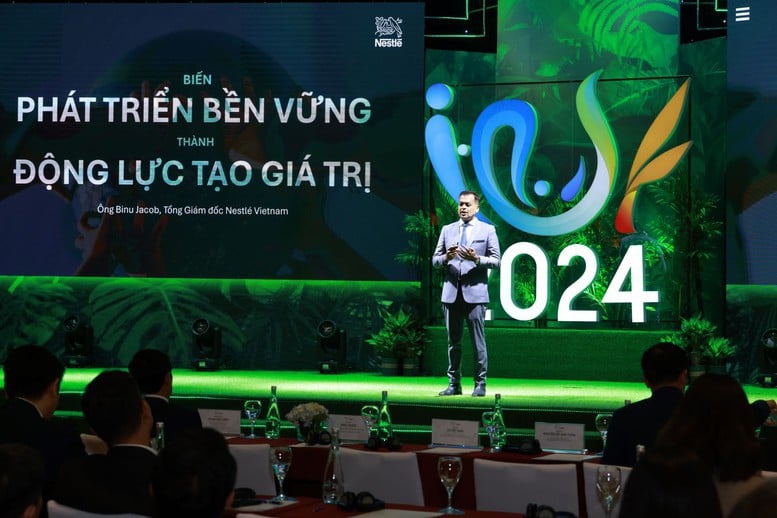
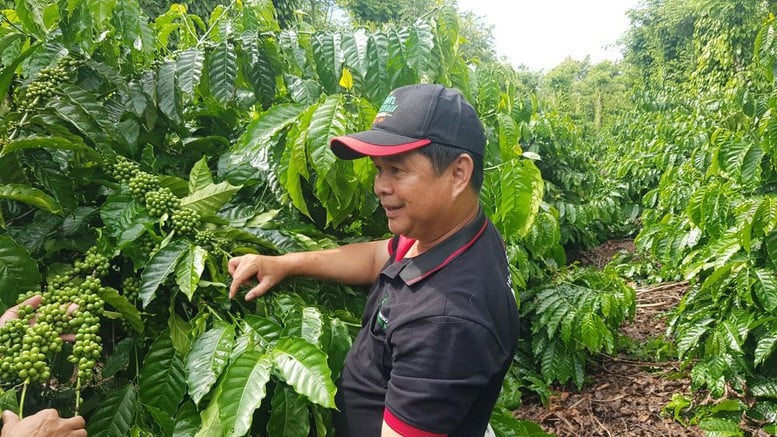
![[Photo] Images of the State-level preliminary rehearsal of the military parade at Ba Dinh Square](https://vphoto.vietnam.vn/thumb/1200x675/vietnam/resource/IMAGE/2025/8/27/807e4479c81f408ca16b916ba381b667)
![[Photo] Parade blocks pass through Hang Khay-Trang Tien during the preliminary rehearsal](https://vphoto.vietnam.vn/thumb/1200x675/vietnam/resource/IMAGE/2025/8/27/456962fff72d40269327ac1d01426969)
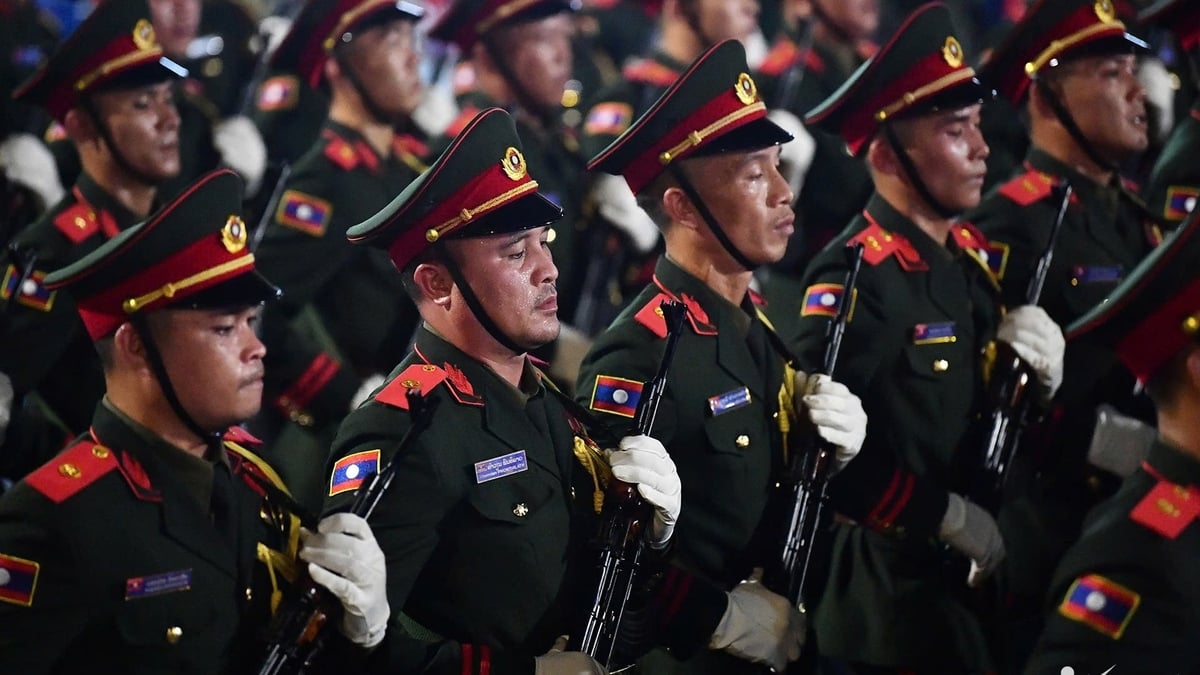
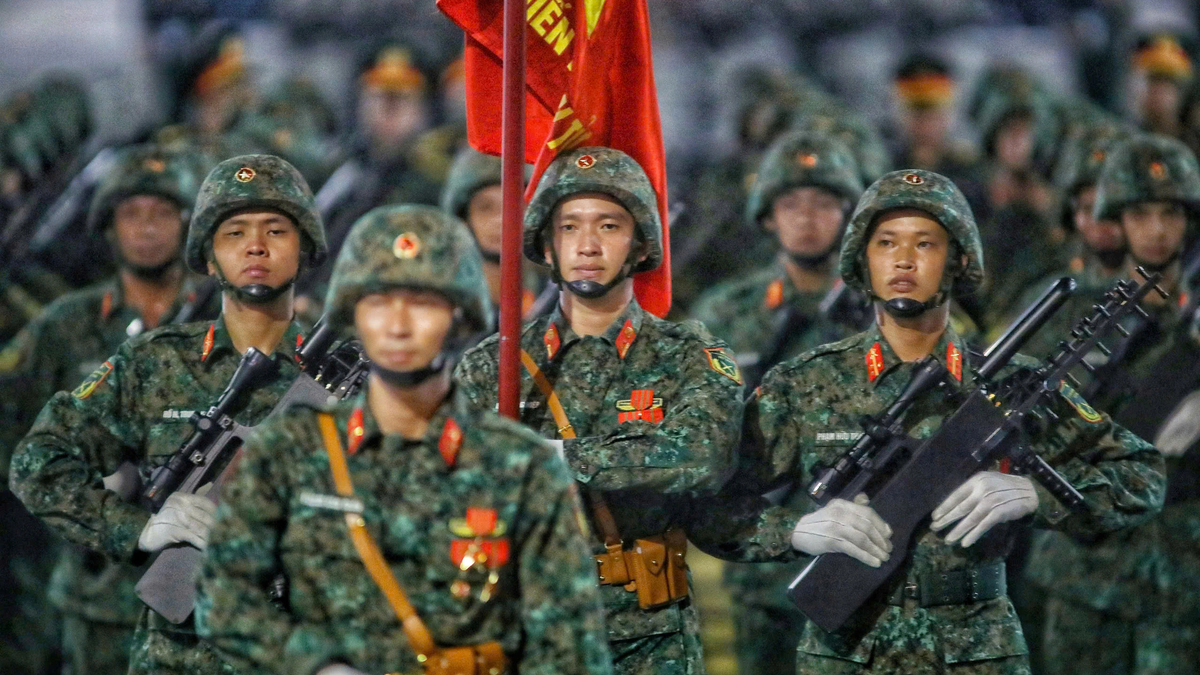


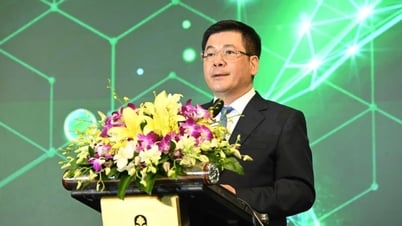

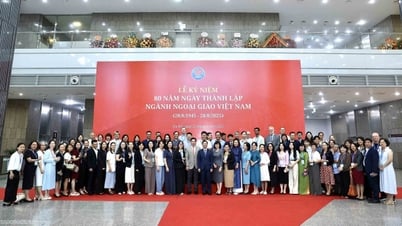

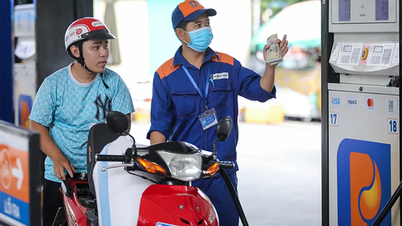

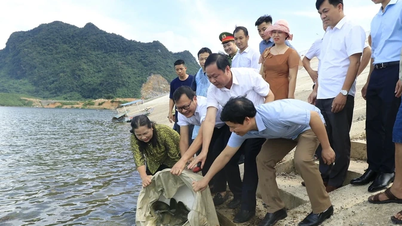

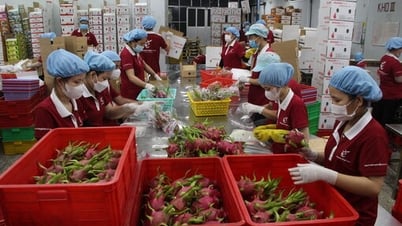

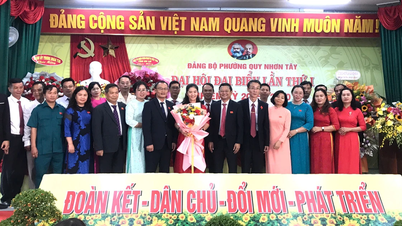

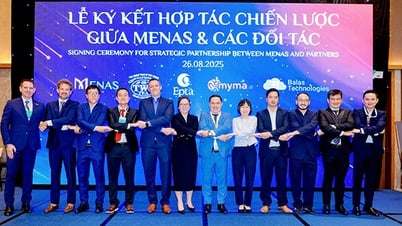
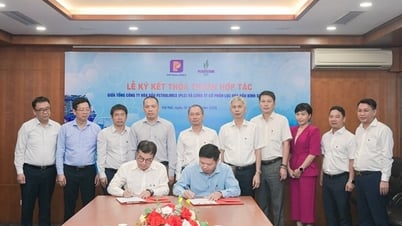
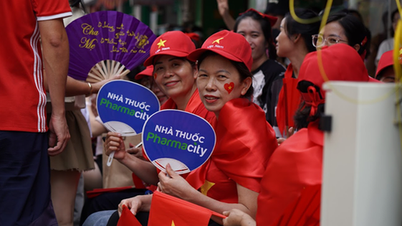

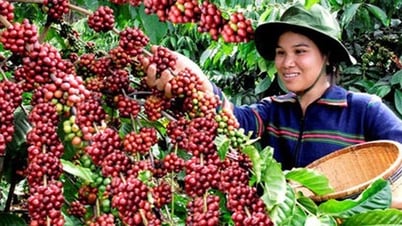
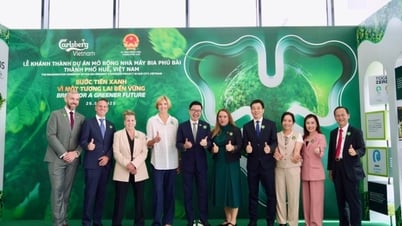






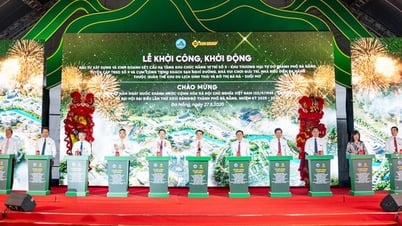

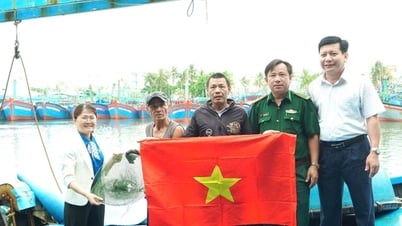


























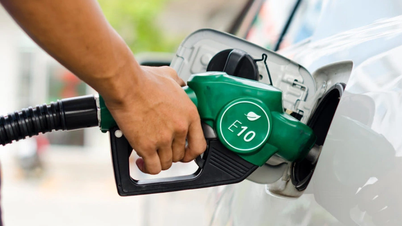




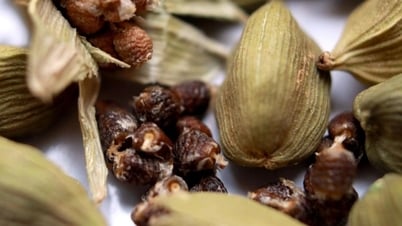
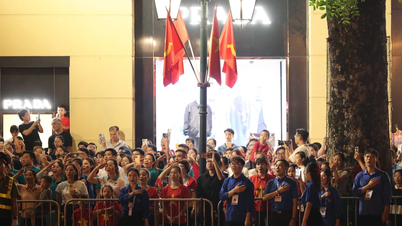






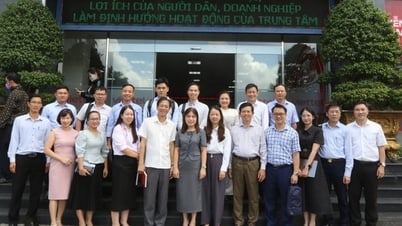

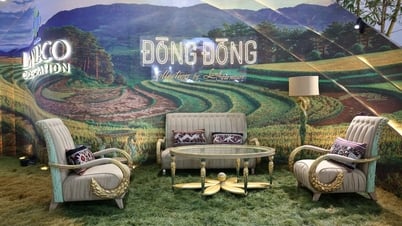

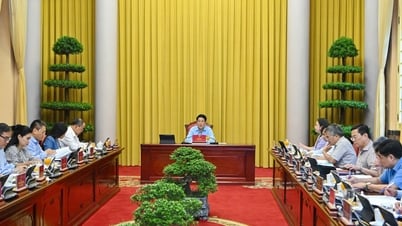

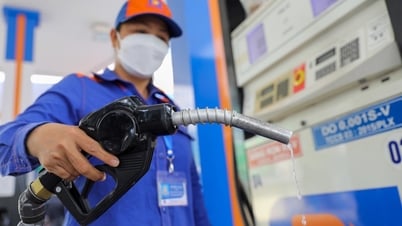

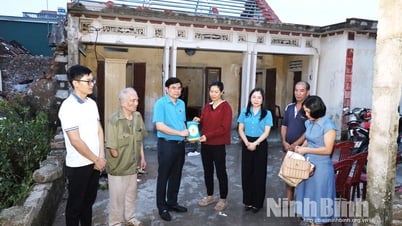



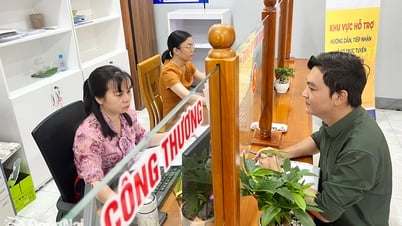

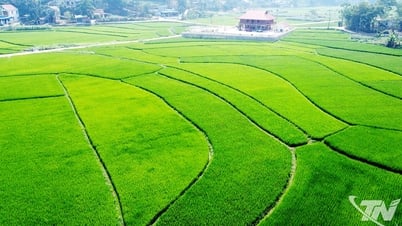

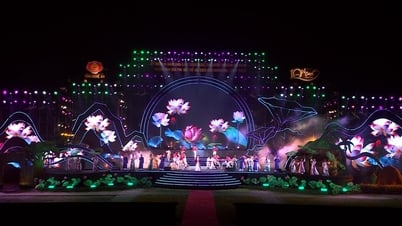













Comment (0)